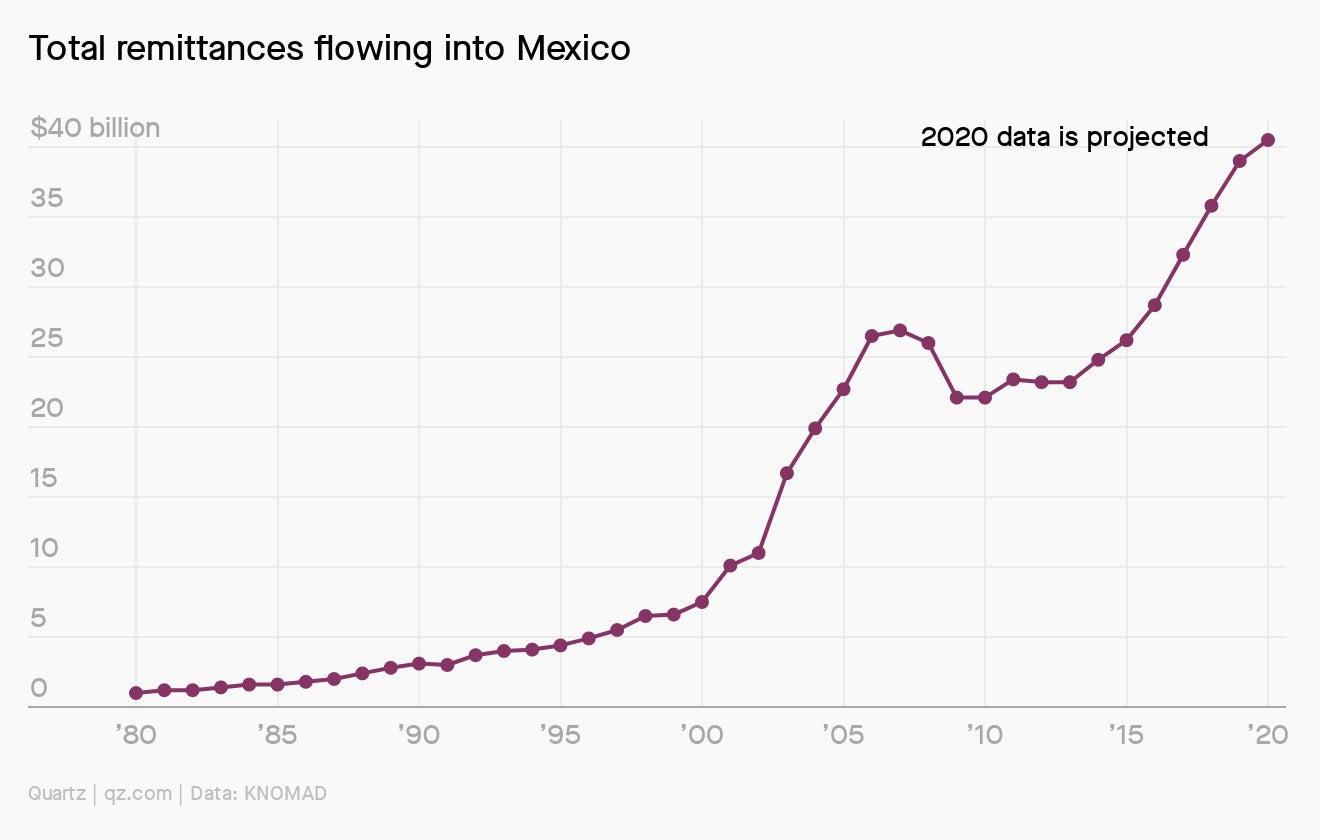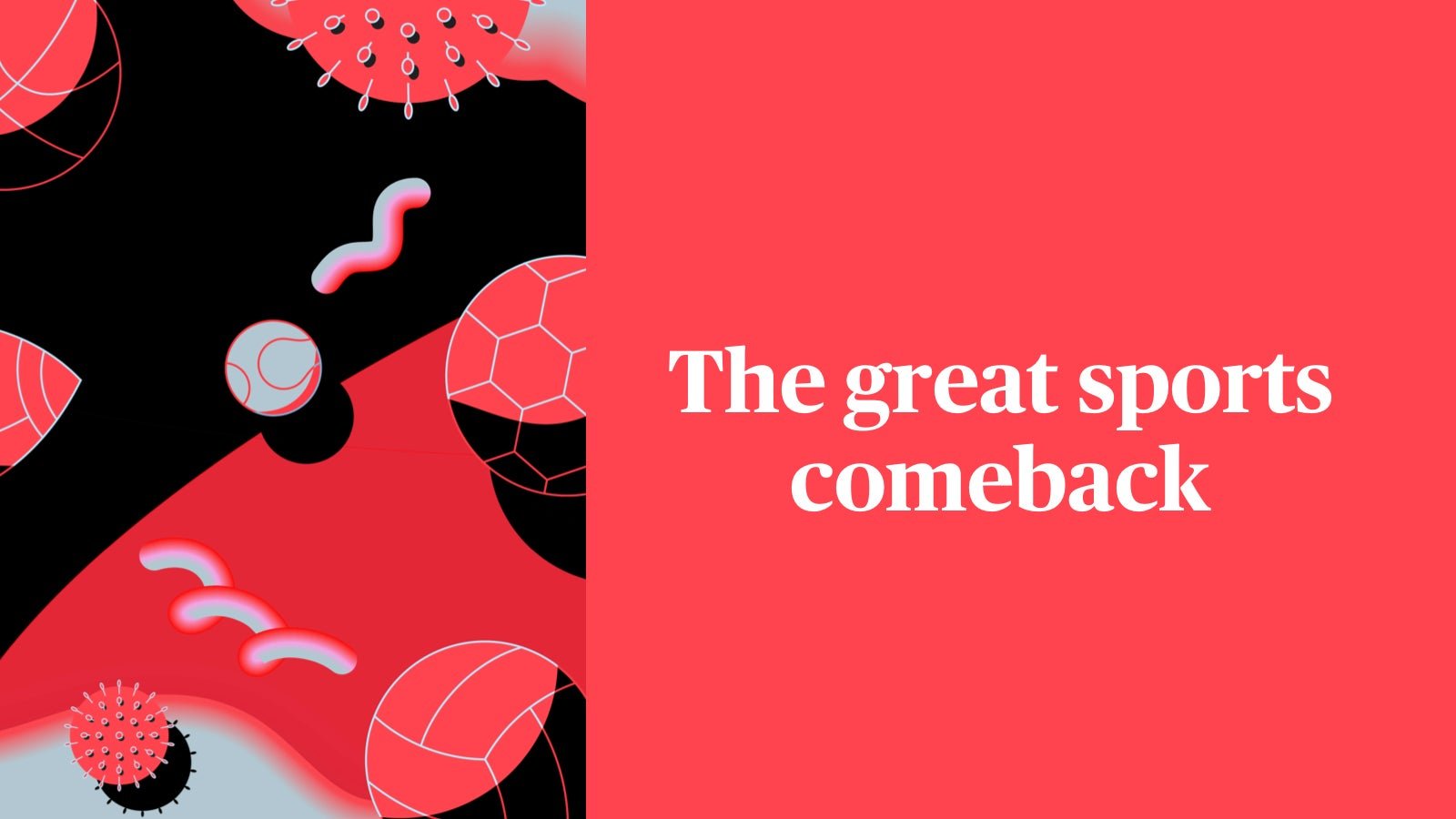Last-ditch Brexit talks, sanctions, copycat whales
Good morning, Quartz readers!

Good morning, Quartz readers!
Here’s what you need to know
Brexit may not have had a breakthrough. European sources said the two sides were closer on fishing rights, but British sources disagreed. Prime minister Boris Johnson and European Commission president Ursula von der Leyen will hold another call on key hurdles today. Also, the UK’s Internal Market Bill returns to the House of Commons where lawmakers will likely put back in clauses that break international law.
Europe considers sanctioning Turkey… EU foreign ministers will discuss the grounds for punishing Ankara over its continued exploration work in disputed eastern Mediterranean waters, ahead of Thursday’s summit of the bloc’s leaders.
…while the US prepares new sanctions over Beijing’s crackdown on Hong Kong. At least a dozen more Chinese officials will likely face punitive measures such as asset freezes for their roles in the recent expulsion of elected opposition lawmakers in Hong Kong. Hong Kong also froze the accounts of former pro-democracy lawmaker Ted Hui, who went into exile in the UK last week.
The US Supreme Court considers a dispute over art sold to the Nazis. In a landmark case, justices will hear arguments on whether the heirs of a rare collection of medieval art, sold by Jewish dealers to the Nazis in 1935, can sue in US courts to retrieve the objects from Germany.
Mastercard is reviewing its business ties to one of the world’s most-visited porn sites. Following a New York Times story about Pornhub’s failure to police user-contributed videos featuring child rape and assault, the payments company has launched an investigation into illegal activity on the platform.
Rudy Giuliani was admitted to hospital. US president Donald Trump had earlier tweeted that his 76-year-old personal lawyer had tested positive for Covid-19. Giuliani has appeared maskless in public several times in recent weeks as he continued to make groundless claims that the presidential election had been stolen from Trump.
What to watch for
Monday: Ghana holds its presidential election; Venezuala counts the results of a poll the opposition boycotted; the US could propose a new coronavirus stimulus; and Italy’s cabinet discusses its national recovery.
Tuesday: The UK administers its first doses of the coronavirus vaccine; and the US Supreme Court holds oral arguments on unsolicited texts from Facebook.
Wednesday: DoorDash goes public; the Bank of Canada announces its interest rate target; and France holds a national day of mourning for its former president Giscard d’Estaing.
Thursday: EU leaders gather for a summit; the European Central Bank is expected to ramp up monetary support; Airbnb holds its IPO; the US considers emergency authorization of Pfizer and BioNTech’s vaccine.
Friday: A Chinese city will give out 100,000 virtual “red packets” of 200 yuan ($31) each in the latest trial of its digital currency.
Charting Walmart’s remittances opportunity
In 2020, an estimated $40 billion in remittances will be sent to Mexico. Most of that money is sent by Mexicans working abroad through banks and transfer services like Western Union which charge high fees for moving that money.
Now Walmart wants to crack into this market. The retail giant recently announced they would be introducing remittances to Mexico inside their app in the next two years. Walmart, which operates more than 2,500 stores in Mexico, says they will charge lower fees in the hopes that the money will stay in the app and be used to pay for Walmart’s goods and services.

The great sports comeback

Sports are a tangible barometer of the wellbeing of a nation, and the return of fans to stadiums—gathering, drinking, eating, shouting, singing, and swearing together—will be a sign that all is well once again. The health of people, communities, and economies are all significantly connected to its resurrection. Our latest field guide looks at what corporates can learn from the return of elite sports, and the implications for those athletes sprinting to get back.
✦ Hi, can you hear us? Oh sorry, we were on mute. We were just saying we wanted you to sign up for a seven-day free membership trial.
Surprising discoveries
Australian pilot whales may trick their predators by copying their calls. Scientists found that they can mimic killer whale vocalizations, which may both protect them from attacks and allow them to scavenge for food undisturbed.
Demand for scotch eggs is through the roof. England’s coronavirus restrictions stipulate that businesses must serve a “substantial meal” alongside all alcoholic drinks—helping drive up orders for the 18th-century snack.
Researchers calculated the size of Japan’s Demon Slayer economy. The manga series about a teenager’s quest to kill the demon is expected to generate ¥200 billion (US$1.92 billion) in revenues.
UK authorities found cocaine hidden in banana pulp. The Belgium-bound shipment from Columbia contained £100 million ($134 million) worth of the drug.
Roald Dahl’s family apologized for his anti-Semitism. The late author of acclaimed children’s titles like Matilda and Charlie and the Chocolate Factory had made numerous anti-Jewish statements.
Our best wishes for a productive day. Please send any news, comments, demon slayers, and spiked fruit pulp to [email protected]. Get the most out of Quartz by downloading our iOS app and becoming a member. Today’s Daily Brief was brought to you by Mary Hui, Tripti Lahiri, Lila MacLellan, Dan Kopf.